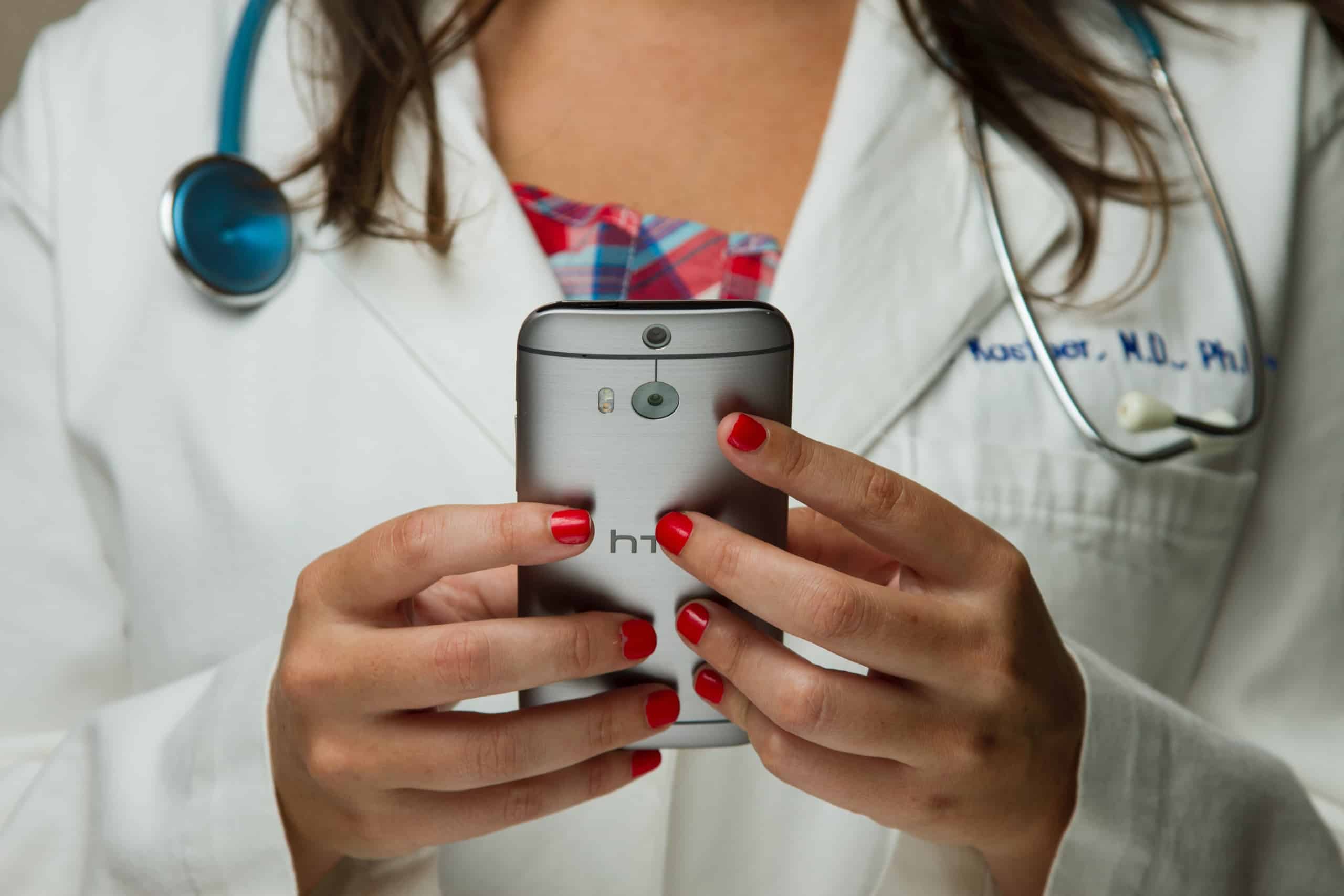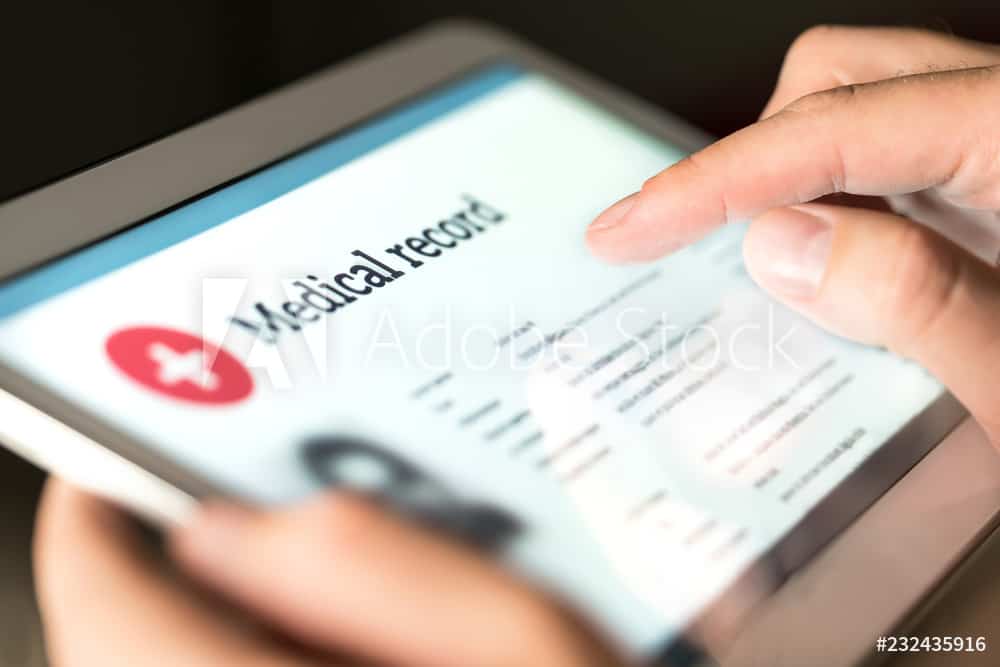Text message marketing offers many benefits to healthcare practices and their patients, including more efficient scheduling, lower waiting times, and improved patient care experience between appointments. Used correctly, text messaging can provide additional support to your patience and make your practice more efficient.

Photo by on Pexels
These are 5 major ways SMS can upgrade your patient care experience:
1. Appointment Booking and Confirmation
Missed appointments are a major problem for healthcare practices, causing hours of lost time and reducing the number of patients you can see. In England, no-show appointments cost the National Health Service 216 million every year. SMS reminders are a useful tool for tackling this issue. Text messages are usually skimmed, so they can be used to send last-minute reminders on the day of an appointment, lowering the chance a patient forgets.
Texting also makes it easier to manage your schedule. By enabling people to rearrange or cancel their appointments by SMS, your schedule can be automatically updated to keep your healthcare team aware of any changes. Being able to arrange appointments by text quickly can be vital for reducing your wasted time. 91% of patients are willing to take last-minute appointments if they can respond in time.
2. Prescription Reminders
Texting can also help your patients manage their prescriptions by sending alerts to renew and collect their medication. This is the patients’ preferred way to get refill reminders. 51% of patients want to receive refill reminders by text, while 36% want reminders by email.
- SMS can remind people when to take their medication.
- SMS can give clear instructions for people on multiple medications to help them take their medication correctly and timely.
- Text messages can confirm prescriptions and improve efficiency by reducing the amount of medication that goes uncollected, making it available to other patients who still need it.
Scheduled text reminders from healthcare workers are more effective than medication apps for a few reasons:
- Alerts can reach patients without needing them to download an app or be online.
- Test messages can put patients in contact with healthcare professionals. People are more likely to comply with instructions from a real person instead of an app.

Photo by National Cancer Institute on Unsplash
3. Follow-Up Texts
Text messaging enables better patient care between visits. Sending patients a follow-up text after bookings can encourage them to bring up issues they forgot to mention in person or discuss concerns they have following their appointment. If your patient has an important healthcare decision to make following your check-up, a text summing up the key information can help make an informed choice.
Scheduling texts for the weeks after a visit allows patients to raise issues with their treatment or medication before their next check-up.
As a result, you can get an earlier warning about their issues and potential health problems or complications from treatment. Giving patients more ways to raise concerns and provide feedback is vital for listening to patients and improving their healthcare experience. Furthermore, it helps open a dialogue about chronic illnesses or ongoing issues.
Using SMS to follow up with people on your waiting list can also improve the patient care experience by removing people who no longer want to join your practice from the loss, leading to shorter delays for patients still on the list.
4. Promote a Healthier Lifestyle
In addition to helping patients with their treatment and prescriptions, texting can also support people in making healthier lifestyle choices. For example, people trying to quit smoking could benefit from texts offering encouragement and advice. This also makes it easy to get immediate help by texting for a live response or call-back.
Texting quick tips and links to articles provides an engaging way to educate people and diet and exercise tailored to their health needs. Patient engagement is vital to establishing long-term positive changes when it comes to encouraging a healthier lifestyle. An American Heart Association study found that using automated text campaigns to motivate and educate patients increased their average steps per day by 2,500 compared to those who did not receive the messages.
5. Staff Scheduling
Keeping track of a tight schedule can be a challenge for healthcare workers, especially for workers who need to travel to patients or multiple practices. Integrating text messaging into your healthcare scheduling system can help them be in the right place with automated timetable reminders and updates. Furthermore, when healthcare workers can report lateness or absence via SMS, this gives your practice more time to arrange cover or notify patients.
In addition to helping employees stay on top of their schedule, this gives patients a chance to respond and get an alternative booking if their doctor or nurse is absent. Texting can also advise patients of shorter delays so they can arrive later instead of filling your waiting room with people whose appointments are delayed.
Conclusion
Text message marketing can help your healthcare practice to keep working efficiently, improving wait times, and providing better patient care.
Besides enabling more effective scheduling and internal communications, patients benefit from reminders, updates, and advice supporting their treatment and answering their concerns. SMS enables more involved patient care between appointments, creating a convenient channel of communication for patient issues.









